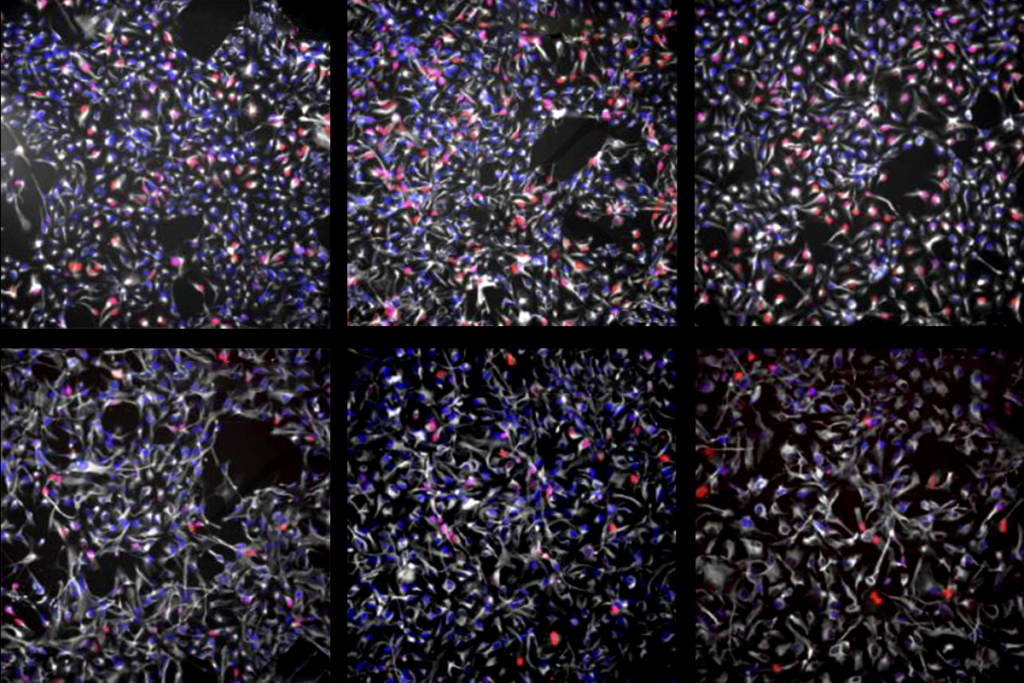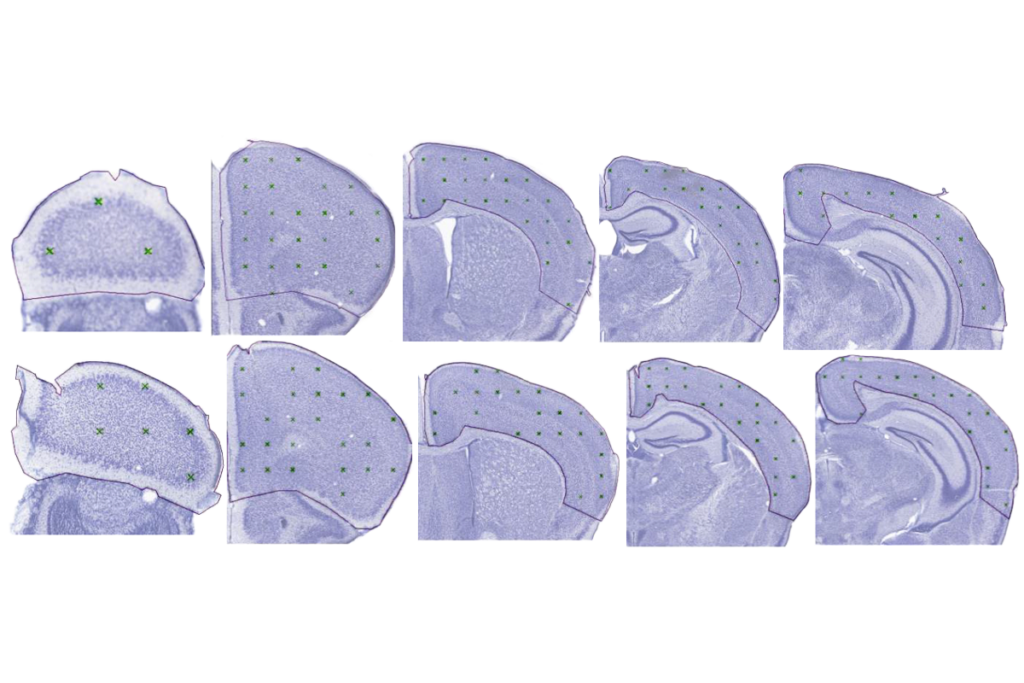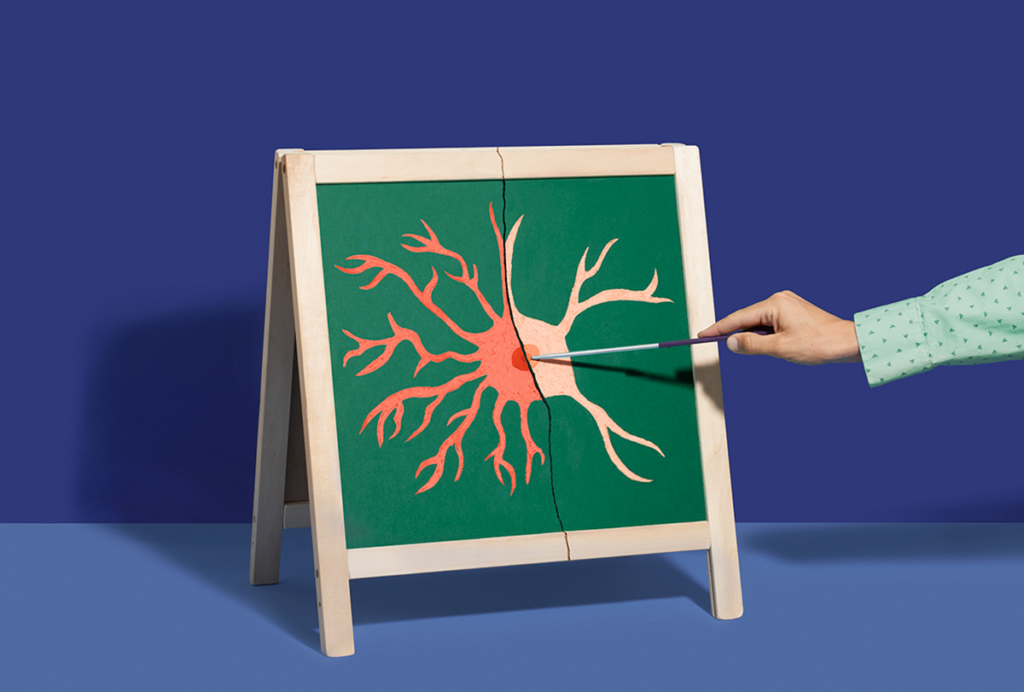
Inclusive classes are best option for some children with autism
Children with autism and low cognitive ability show the most improvement when placed in classrooms with typical children rather than in special-education groups.
Children with autism and low cognitive ability show the most improvement in their cognitive skills when placed in classrooms with typical children rather than in autism-only groups. Researchers presented the unpublished results yesterday at the 2017 International Meeting for Autism Research in San Francisco, California.
Many children with autism are placed in specialized classrooms, according to another study presented yesterday.
The findings contribute to the ongoing debate over which education settings are best for children with autism.
In the pair of studies, David Mandell and his colleagues followed 102 preschoolers with autism in Philadelphia who received early treatment for the condition.
Using the Mullen Scales of Early Learning and the Autism Diagnostic Observation Schedule, the researchers assessed the children’s cognitive skills at the start and end of the study. Of the 102 children, 29 were placed into inclusive classrooms, 35 landed in autism-only classrooms, another 29 went to classrooms with children who have other disabilities, and 9 were homeschooled.
The team then tracked the children’s progress for nine months. According to preliminary findings from 71 of the preschoolers, the most cognitively impaired children — those with scores lower than 47.3 on the Mullen Scales assessment — improved their scores by the highest margin when placed in a mainstream classroom.
Children placed in autism-only classes or general special-education classes did not improve.
The type of classroom seems to have no effect on children with autism who score high on cognitive abilities.
The findings are unexpected because children with the most severe autism features are routinely placed in autism-only classrooms.
“Honestly, we were surprised by it,” says Allison Nahmias, a graduate student in Mandell’s lab at the University of Pennsylvania, who presented the work.
In a 2014 year study, Mandell’s team looked back at data for a group of Philadelphia preschoolers and found different results: Children on the spectrum who have better communication skills, based on scores on the Developmental Assessment of Young Children, fare better in classrooms with typical children than in other types of classrooms.
“We expected to see that, but that didn’t replicate in this sample,” she says.
School choice:
There’s little research on what influences parents’ choice of schools for their children, says Samantha Crabbe, clinical research coordinator at the University of Pennsylvania.
This is particularly critical for families in urban school districts such as Philadelphia, she says. Parents who live in under-resourced areas or who belong to a lower socioeconomic class might not have the information or resources they need to make informed judgements about the best classroom for their child.
Crabbe found that mothers with less education are more likely to rely more on expert opinions than on their own judgment when deciding on a school for their child.
Parents may feel like they don’t have many options “or the options weren’t explained to them,” says Batya Elbaum, professor of special education research and policy at the University of Miami, who was not involved in the study.
The researchers hope to randomly assign children with autism to different classrooms in order to assess the effect of each type.
For more reports from the 2017 International Meeting for Autism Research, please click here.
Recommended reading

INSAR takes ‘intentional break’ from annual summer webinar series

Dosage of X or Y chromosome relates to distinct outcomes; and more
Explore more from The Transmitter

Attention not necessary for visual awareness, large study suggests


